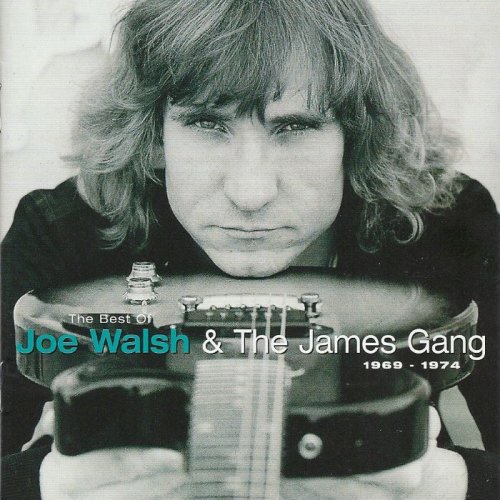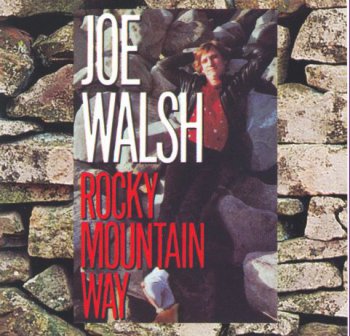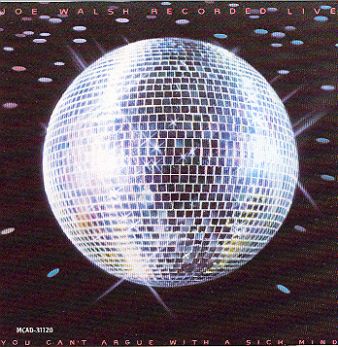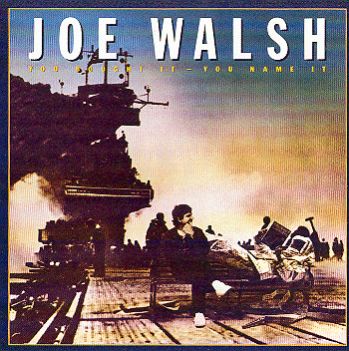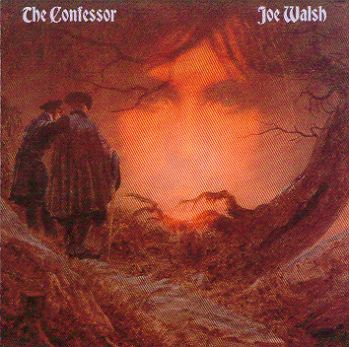Perturbator - Age of Aquarius 2025
Исполнитель: Perturbator Альбом: Age of Aquarius Жанр: Electronic, Synthwave, Industrial, Post-Punk, Dark Wave Год: 2025 Страна: France (Paris) Лейбл: Nuclear Blast Формат: FLAC (tracks) Official DR value: DR7 Разрядность: 24bit / 48kHz Stereo Размер: 750 MB Инфо: bandcamp Залито на: XFile (3% восстановление) «Exclusive for Lossless-Galaxy»
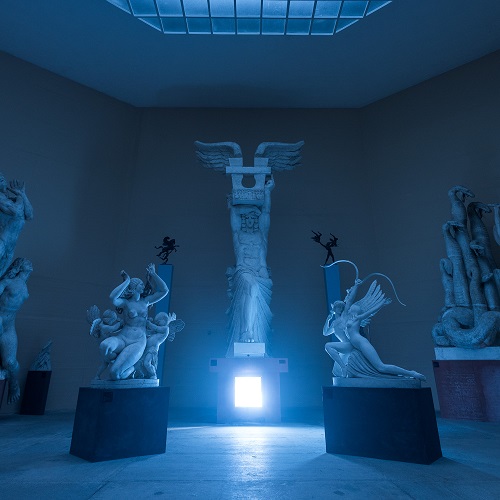
Perturbator - Age of Aquarius 2025
Исполнитель: Perturbator Альбом: Age of Aquarius Жанр: Electronic, Synthwave, Industrial, Post-Punk, Dark Wave Год: 2025 Страна: France (Paris) Лейбл: Nuclear Blast Формат: FLAC (tracks) Official DR value: DR7 Разрядность: 24bit / 48kHz Stereo Размер: 750 MB Инфо: bandcamp Залито на: XFile (3% восстановление) «Exclusive for Lossless-Galaxy»
10 10, 2025
Testament - Para Bellum 2025
Исполнитель: Testament Альбом: Para Bellum Жанр: Thrash Metal Год: 2025 Страна: USA (Oakland, California) Лейбл: Nuclear Blast Формат: FLAC (tracks) Official DR value: DR6 Разрядность: 24bit / 48kHz Stereo Размер: 663 MB Инфо: metal-archives Залито на: XFile (3% восстановление) «Exclusive for Lossless-Galaxy»
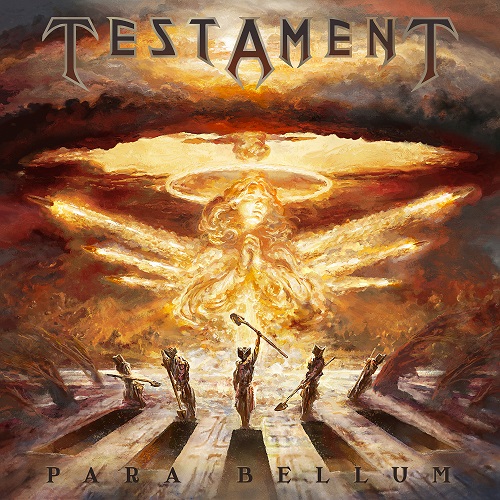
Testament - Para Bellum 2025
Исполнитель: Testament Альбом: Para Bellum Жанр: Thrash Metal Год: 2025 Страна: USA (Oakland, California) Лейбл: Nuclear Blast Формат: FLAC (tracks) Official DR value: DR6 Разрядность: 24bit / 48kHz Stereo Размер: 663 MB Инфо: metal-archives Залито на: XFile (3% восстановление) «Exclusive for Lossless-Galaxy»
10 10, 2025
Arch Enemy - Blood Dynasty (Expanded Deluxe Edition) 2025
Исполнитель: Arch Enemy Альбом: Blood Dynasty (Expanded Deluxe Edition) Жанр: Melodic Death Metal Год: 2025 Страна: Sweden (Halmstad) Лейбл: Century Media Формат: FLAC (tracks) Official DR value: DR5 Разрядность: 24bit / 48kHz Stereo Размер: 731 MB Инфо: wiki Залито на: XFile (3% восстановление) «Exclusive for Lossless-Galaxy»
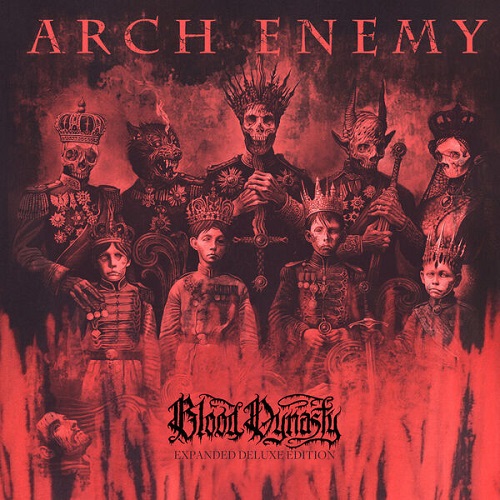
Arch Enemy - Blood Dynasty (Expanded Deluxe Edition) 2025
Исполнитель: Arch Enemy Альбом: Blood Dynasty (Expanded Deluxe Edition) Жанр: Melodic Death Metal Год: 2025 Страна: Sweden (Halmstad) Лейбл: Century Media Формат: FLAC (tracks) Official DR value: DR5 Разрядность: 24bit / 48kHz Stereo Размер: 731 MB Инфо: wiki Залито на: XFile (3% восстановление) «Exclusive for Lossless-Galaxy»
10 10, 2025
Жанры
Lossless Galaxy Release
Русская музыка
--Поп
--Рок
--Панк
--Альтернатива
--Металл
--Рэп, Хип-Хоп, R'n'B
--Джаз и Блюз
--Фолк
--Шансон, Авторская песня
--СССР
Зарубежная музыка
--Pop
--Rock
--Hard Rock
--Progressive & Art-Rock
--Pop-Rock & Soft Rock
--Instrumental Rock
--Heavy, Traditional, Industrial Metal
--Power, Gothic, Sympho Metal
--Thrash, Speed, Groove, Modern Metal
--Death, Melodic Death, Doom, Dark Metal
--Black, Pagan, Folk, Viking Metal
--Alternative
--Punk
--Disco, Eurodance
--Rap, Hip Hop, R'n'B
--Reggae, Ska, Dub
--Jazz, Blues, Soul
--Folk, Country, Ethnic
--Electronic, Ambient, New Wave
--House, Techno, Trance
Другие жанры
--New Age, Relax, Meditative & Flamenco
--Chillout, Lounge, Downtempo, Trip-Hop
--Drum & Bass, Jungle, Breakbeat, IDM
--Classical / Классическая музыка
--Soundtrack
--Музыкальные сказки
Vinyl Rip
HI-Res / DVD-Audio / DTS
--SACD
--DSD
--DVD-Audio
Сборники Lossless-Galaxy
Альбомы 2022
Альбомы 2023
Альбомы 2024
Теги
1st Press 2022 2023 2024 2025 70... AOR Black Metal Blues Blues Rock Bootleg Series Classic Rock Death Metal Discography Exclusive for Lossless-Galaxy Folk Rock Fusion Hard Rock Heavy Metal Hi-Res Japanese Edition Jazz Jazz Rock lossless Melodic Death Metal Melodic Rock Modern Electric Blues Pop Pop Rock Power Metal Prog Rock Progressive Metal Progressive Rock Psych Rock Psychedelic Rock Rock SACD Symphonic Metal Thrash Metal Дискографии от KoGGaN
Архивы
Опрос
В каком формате хотели бы видеть релизы на сайте ?
 Автор: LeddZepp, 21 июля 2023, Комментариев: 0, Просмотров: 1 372
Автор: LeddZepp, 21 июля 2023, Комментариев: 0, Просмотров: 1 372Joe Walsh (Eagles, James Gang) - So What [Vinyl] (1974)
![Joe Walsh (Eagles, James Gang) - So What [Vinyl] (1974)](/uploads/posts/2023-07/joewalsh74sowhat_500_lp.jpg)
Year: 1974 (LP 1974) (CD )
Label: ABC Records (UK), ABCL 5055
Style: Pop, Rock
Country: Kansas, U.S. (November 20, 1947)
Time: 36:21
Format: Flac Tracks 16/44,1 kHz
Size: 220 Mb
Этот музыкант известен, прежде всего, как член "Eagles", хотя за всю свою карьеру он выпустил немало сольных альбомов, а также успел посотрудничать со многими другими артистами, такими как Ринго Старр, "America", Би Би Кинг, Билл Уаймэн, Карл Перкинс, "ELP", Джон Энтуистл, Лайонел Ричи, Рэй Манзарек, Ричард Маркс, Стив Уинвуд, Майкл Стэнли и т.д. Джо Уолш родился 20 ноября 1947 года в городе Вичита, штат Канзас.
Освоив в юношестве гобой и кларнет, Джо потом переключился на бас-гитару и начал выступать в местечковых командах типа "G-Clefs" и "Nomads". По окончании школы Уолш поступил в Кентский Государственный Университет, во время учебы в котором возглавлял студенческую группу "Measles". Как раз в этот период Джо перешел с басухи на нормальную шестиструнку.
В 1969-м Уолш вошел в состав пауэр-трио "The James Gang", базировавшегося в Кливленде. Именно с этой командой Джо впервые отведал вкус славы, поскольку два из четырех ее альбомов, выпущенных в 1970-71 годах, получили золотой статус. Несмотря на успех группы, музыкант решил искать свой собственный путь и, упаковав чемоданы, отправился в Колорадо. Там он собрал проект "Barnstorm", с которым выпустил пару альбомов, отличавшихся от "гэнговских" опусов менее напористым звуком и тягой к акустике в духе "CSN&Y".
И хотя на обеих пластинках значилось имя Уолша, его официальная сольная дискография началась с гиганта "So What". Данный альбом недалеко ушел от стилистики "Barnstorm", однако было любопытно, что при его подготовке Джо помогали будущие соратники Дон Хенли, Гленн Фрей и Рэнди Мейснер. Совместная работа сблизила музыкантов, и когда у "орлов" возникла проблема с заменой Берни Лидона, они обратились за помощью к Уолшу.
(vk.com/wall-87714533_13551)
01. A1 Welcome To The Club (05:08)
02. A2 Falling Down (04:56)
03. A3 Pavane Of The Sleeping Beauty (01:56)
04. A4 Time Out (04:24)
05. A5 All Night Laundry Mat Blues (01:02)
06. B1 Turn To Stone (03:48)
07. B2 Help Me Thru The Night (03:38)
08. B3 County Fair (06:46)
09. B4 Song For Emma (04:38)




При желании можно посмотреть все мои публикации на сайте. Приятного прослушивания. Жмём и смотрим (Click to see all of my posts)!
Внимание! У Вас нет прав для просмотра скрытого текста.
Изменил: LeddZepp по причине: Почистил, обновил ссылки и описание.
Похожие новости:
Комментарии отсутствуют
Добавить комментарий!
Информация
Посетители, находящиеся в группе Гости, не могут оставлять комментарии к данной публикации.

